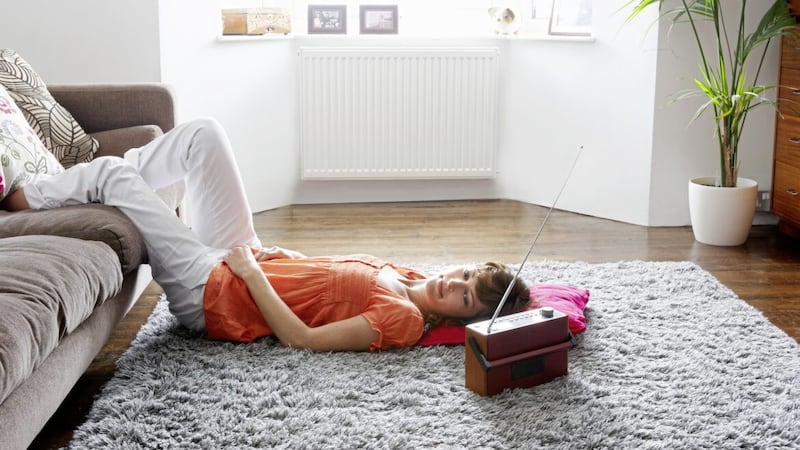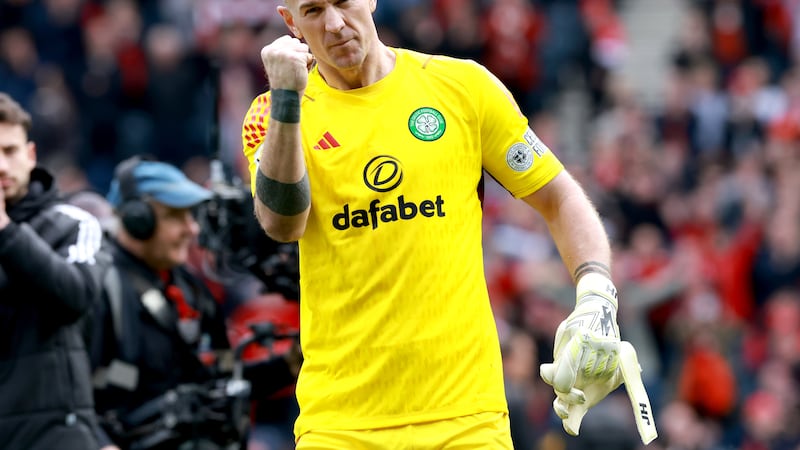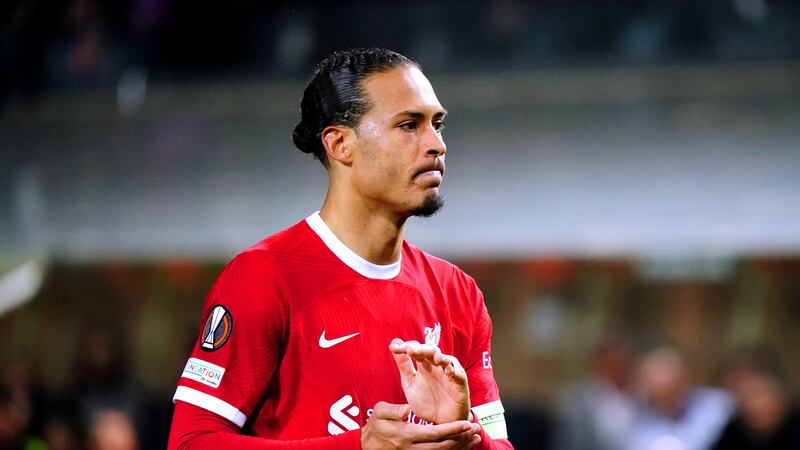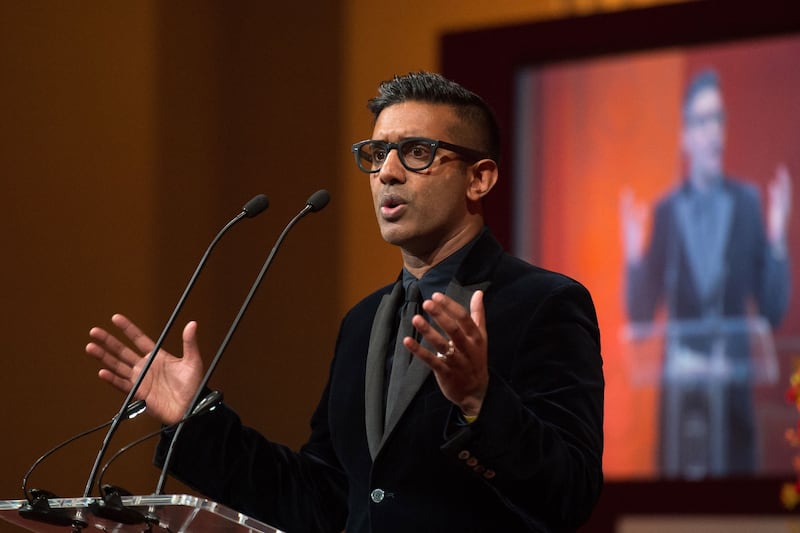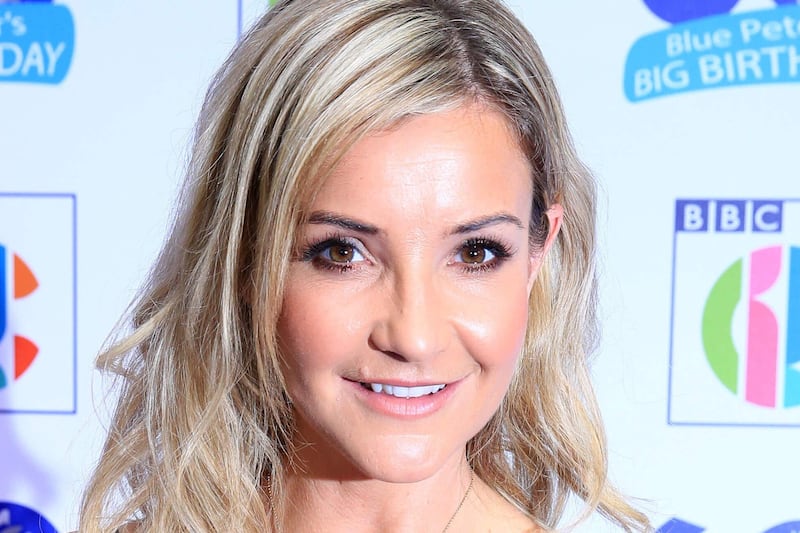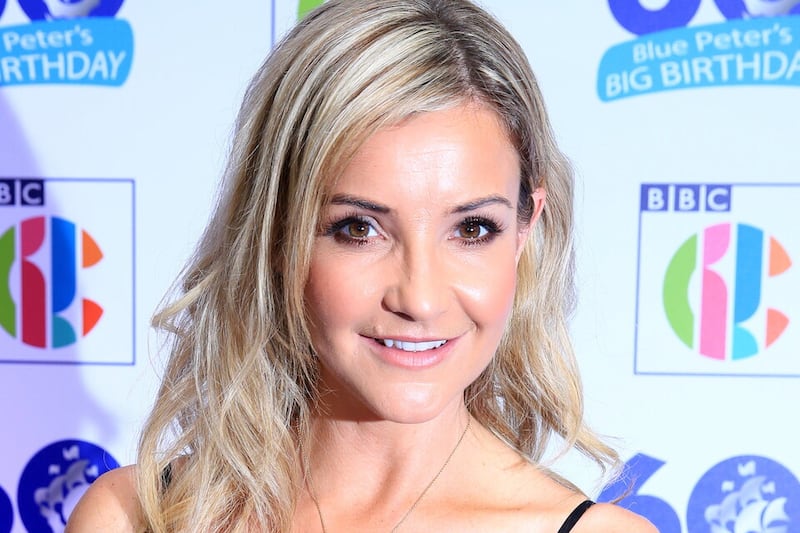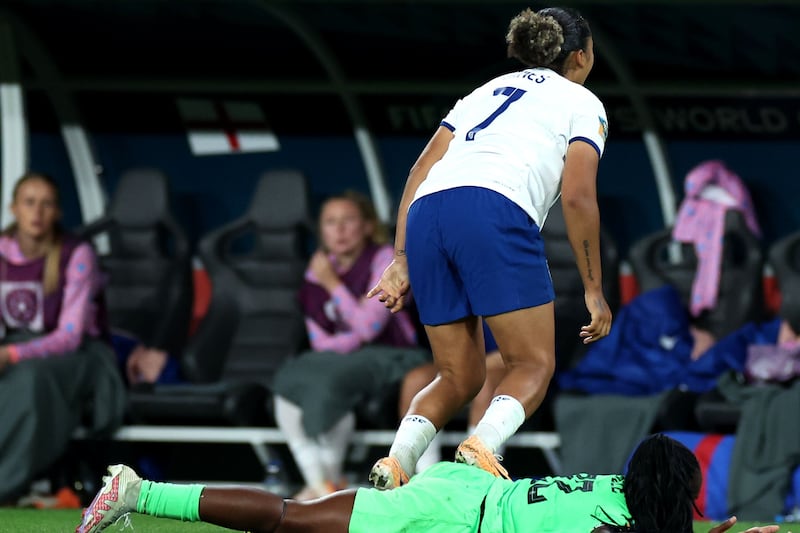TEAM A, high; Team B, low.
Team C flat; Team D, flat.
Team E low, Team F, high.
The rhythm and the sound of childhood Saturday early evenings – and long into adulthood.
From those intonations as the classified football results were read out on the radio, you'd know that Team A had won, even before you heard Team B's score. Also that Team C had drawn. And that Team E had suffered a home defeat.
The theme music to 'Sports Report' (entitled 'Out of the Blue', written by Hubert Bath, pub quiz fans) is instantly evocative of that time of that day, and of soccer scores.
The mellifluous voice of James Alexander Gordon made a symphony of the football results for almost three decades.
At first I was probably listening in the back of a car in 'the square' in Dungannon while my mum did 'the big shop'. Obviously the car couldn't be left unattended, due to the threat of bombs, while us kids were ordered to stay with my dad.
Worse than the cries of 'Are we there yet?' were the moans of 'Where is mummy? When can we go home?'
Only occasionally were any us allowed out of the vehicle; I still have the unforgettable memory of yet another 600-minute hour being enlivened by my youngest sister walking into a lamppost while goofing about in front of Wellworth's.
I'll be honest, JAG's successor in 2013, Charlotte Green didn't have such iconic status for me, but not because she's a woman, the first to fulfil that 'reader out' role.
It was simply that times changed, my own children came along, and Saturday afternoons became about swimming lessons – but the likeliest time to get me to do the dishes was still from 4.45pm onwards on that day.
Sure, many of us check our phones constantly, keeping up with the changing scores. My wife still doesn't get it, asking 'Can't you just wait until the matches are over?'
I could have, but that's not half as much fun. No point taunting your mate about his team going two goals behind if you have to wait until the final whistle, by which time they've recovered to win.
Yet the explanations/excuses for the BBC stopping the reading out of the football results at 5pm on a Saturday don't bear much scrutiny.
The reasoning is that Five Live now has live broadcast rights for 5.30 kick-offs.
To which I respond – So what?
Games don't need all the build-up they receive, nowhere near it.
Nor do games need as much chat about what has happened.
The Carabao Cup (English League Cup) highlights used to be excellent, but last season they were almost as much talk as action.
That wouldn't be so annoying if they talk happened to be insightful, analytical – but it largely consisted of showing the goals again and blethering about them. It was like going back to Match of the Day from around 15 years ago. Shudders…
In the end, the actual matches are what matter and, most of all, the results, what happens on the fields of play.
Everything else is fluff and nonsense.
Players may be increasingly media-trained towards ever more tooth-grindingly boring levels of mundanity, managers may barely disguise their contempt for journalists, but the action on the pitches often remains highly entertaining.
Sure, as I've acknowledged, times change, people's lifestyles alter, but there's still a place, and a need, for the football scores to be broadcast.
The game is not all about the top teams.
Nor are phones/electronic devices for everyone: radio remains a vital link to the wider world for the blind and sight-impaired.
I'm not actually as old as my 'hairstyle' might suggest, nor as young as my boyish good looks may imply, but older folk often still prefer radio to fiddling with a mobile phone or computer to find out how their team – and their rivals – got on.
Radio has had a revival, having supposedly been killed by video back in the Seventies. If you include podcasts under the hybrid category of 'audio' then listening is enjoyed by many; not children or teenagers, of course…
Joking aside, the BBC's desperation to attract 'the yoof' audience risks losing the people who are actually much more likely to listen to radio.
This isn't just a matter for soccer.
There's obvious scope for a highlights programme of GAA club action. Clearly RTE or TG4 can't only afford to have cameras at a limited number of venues, but both could buy in local footage. The quality may not be industry standard, but seeing scores is still better than not seeing them.
Until such a show happens, the GAA equivalent of 'Sports Report' is the radio results round-up on Sunday afternoons.
Mostly around that time I'm at a ground, but when I have tuned in it's a great listen.
Radio remains vital.
Much of the debate about GAA TV broadcasts has been framed by a completely made-up nostalgia.
The opportunity to see matches live on your telly hadn't been taken away by Sky – it had never been there. Mostly because those matches – All-Ireland qualifiers and quarter-finals – hadn't existed until 2001 (for football anyway; hurling had them in a very limited form).
In reality, radio was how people followed big GAA games, up until provincial finals and All-Ireland semi-finals and finals. Even then, there simply weren't enough stations broadcasting live coverage of all provincial games.
There are now, but sending people and equipment to cover games costs money.
National broadcasters have a duty to provide that service, and to supply information, even for those who don't own, or struggle to use modern media.
Often there's value in the old ways.
Even on this relatively small island, higher fuel costs may mean the thoughts of fixture and format planners may have to turn towards regionalisation.
We won't return to the days of many making their way to matches by bicycle, but the use of e-bikes will be on the rise and may be a method of getting there.
Coach parties too, as they're more cost effective than lots of cars.
And on your way back home from the match, listen to a radio round-up of all the results. Perfect. As long as your team wins, of course…

